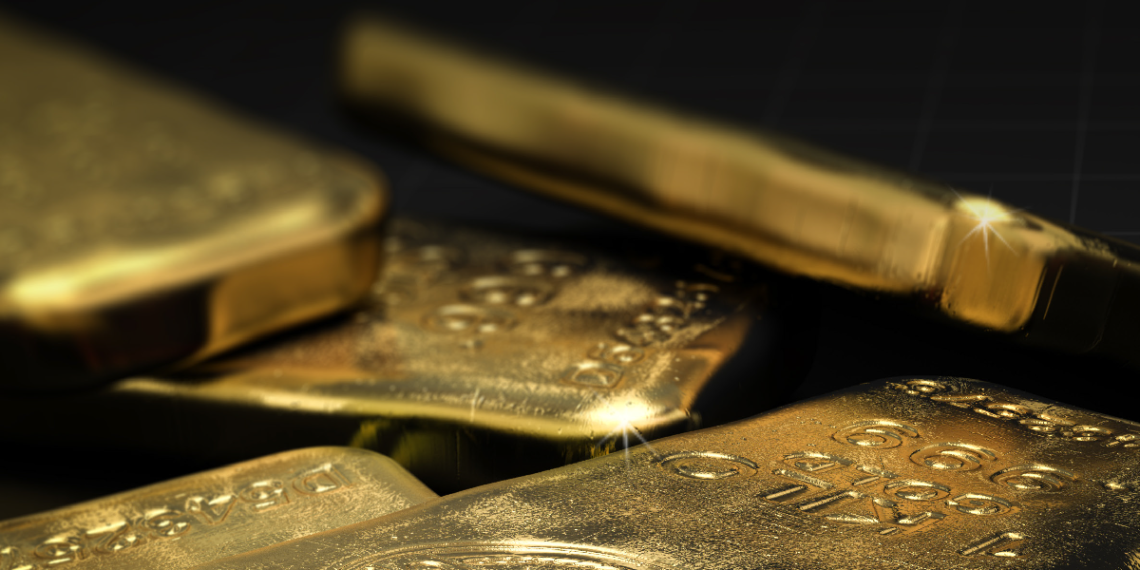Historically your fund, the Commodity Discovery Fund, focused on precious metals, so where do you think these commodities are heading at the moment? The gold price is quite interesting given the macro risks and the inflation that we’re seeing.
Of course, all metals are commodities, but some metals are money as well, and that’s important to understand. From a monetary point of view, gold and silver are still seen as valuable assets. Just look at the fact that over 25 central banks have been buying physical gold to add to their national reserves in the last two years. Almost all countries in Europe, east of Germany, have been buying physical gold in the last two years. This is telling you something.
The fund has always had a strong focus on gold because we think this will be a metal which will shine during the next monetary crisis. But gold is also a commodity. And silver – 60% of all silver is used as a metal being used in technology, such as solar panels. So we judge each and every metal on their fundamental aspects. If there’s a monetary side, we like that as well.
Do you think digital currencies could hurt those aspects? Or is it more that it’s not really crypto versus gold, it’s more these are two alternative options to fiat and therefore it’s good to do both?
I think there’s a huge fight ongoing. And the fight will only increase in the next few years between the fiat money system and hard assets in general. And if we look at the monetary side, there’s a huge fight between Bitcoin as the most successful form of private money one could say. So there’s a huge fight between Bitcoin and the fiat money system.
Central bankers are really scared because of the success of Bitcoin being a private form of money. And they hope to bring their own central bank digital currency so they can take some of the market share of Bitcoin and other cryptocurrencies. But the more central bank digital currencies will be created by central bankers, the more people will start to flee to Bitcoin and other private forms of currency. Because the central bank digital currency is just another layer on top of the fiat money system.
So I think central bankers are trapped. Central bankers will need to fight Bitcoin. But they will fail because investors understand what’s going on, and more people are beginning to understand the fundamentals of this monetary system. That’s why Bitcoin is so successful.
Let’s come back to the growth of your fund. Has the hedging mentality from investors towards precious metals changed more to “this is now generating capital”?
Since 2007, 2008, when we started to build the fund, we always told investors, our extra strategy is very simple. We wait for the buyout. When you invest in discovery stories, exploration companies building on tier-1, tier-2 discoveries, they will always be bought out. Period.
We were very early investors in Noront Resources who have a small, but high-quality nickel discovery in the ring of fire in Canada. We started to invest in that before the fund was even open. I was a private investor in 2005, 2006. There’s a bidding war for Noront now 15, 16 years later. So sometimes you have to wait.
But a quality discovery will always be bought out. And our track record shows that we have had 68 buyouts in the last 12 years. We had five buyouts last year. So if you concentrate on the largest and most dominant discoveries, you will always do well.
But we had this horrible downturn in commodity markets in 2010, 2011 and 2020. So it was very difficult to show positive returns every year. But now the tide has changed. And I think the next decade will be amazing from this point of view.
So there’s still a lot of value to the fund. And that’s one of our core positions. But we get most excited by new discoveries. There is a wonderful new copper discovery also in Australia. It is very remarkable. I think Australia is underexplored compared to Canada and other parts of the world.
So a breaking discovery is a story we get very excited about. Then we are very active to buy our position. If we can’t buy it through private placement, we buy them in the open market. Now our fund is getting larger and larger. Sometimes it’s difficult to buy enough shares without sending the shares much higher.












